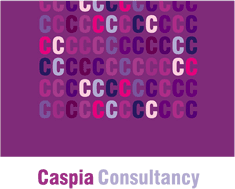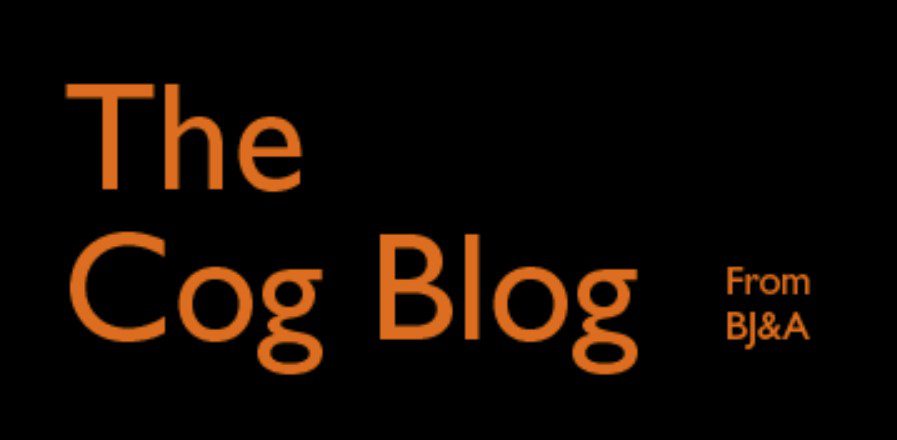The blog post below is the latest from our friends at The Cog Blog.
I would draw your attention in particular to this thought:
Great media thinking has always been about putting your client’s messages in those places most likely to drive a return, to which I would add: whilst not supporting fraud, bigotry, hatred and lies.
“I am a supporter of Byline – an investigative site and newspaper and home to some of the best journalism around.
Before anyone has a go – Byline does not accept advertising so what follows is in no way an ad sales pitch.
The highlight of the festival for me was their Editor-in-Chief, Peter Jukes’ on-stage discussion with the journalist Carole Cadwalladr.
For those unfamiliar with Carole, she is best known for exposing the misdemeanours of Cambridge Analytica, and their use of Facebook data to target messages during the 2016 UK Brexit Referendum campaign.
Since then, Carole has been subjected to all kinds of personal and professional abuse and attacks (in the Courts as well as in social media). These have come from all sorts of people, some of whom (like the ex-editor of ‘The Sunday Times’, a newspaper once renowned under a previous editor, the great Harry Evans for its investigative work) you would like to think would understand the value of open journalism.
The point of this is not to enter into some paeon of praise for Ms Cadwalladr but to point out the single-mindedness of the work she does.
You may not agree with Carole who, alongside others, including in our world Bob Hoffman, is concerned at the detrimental effect that social media forms have on open-minded debate and democracy, but agree or not I think we should listen to what media-people-who-are-not-advertising-media-people have to say.
It is easy for an advertiser to justify spending money with the giant online platforms.
The arguments are clear. Yes, there’s a huge audience (even if not quite as huge as some have claimed – given past boasts of reaching more individuals in some demographics than actually exist); yes, it’s easy to do (give them the money and they’ll sort out the mucky details for you); and yes, there’s peer pressure (‘that’s what my competitors are doing. I can’t afford not to be there’).
What is not quite so easy or comfortable is to ask whether as an advertiser you should be supporting certain channels regardless of the impact such channels have on vulnerable individuals (remember Molly Russell?) and on society as a whole.
When the argument for using this or that channel revolves around support for movements that drive societal good, like sustainability or diversity it’s easy to fall in line.
But what if it’s about supporting those channels who look the other way when it comes to corrupt behaviours; or who ignore abuses of power; or pose a threat to freedom of expression; or whose content promotes lies and falsehoods in order to deceive and mislead?
That’s harder.
I don’t think it’s any longer good enough to say, ‘oh well that’s where the audience is’ (especially if in many cases the audience isn’t even human).
Nor is it acceptable to hide behind the procurement argument (ironically rarely proffered by procurement professionals themselves who tend towards a more holistic view of value): ‘what can you do it’s cheap and we need to satisfy our auditors’.
Nor is it good enough to blame the client. An agency’s job surely is to advise and lead, not to follow instructions blindly. If it were the latter the world would be full of one-second audio commercials and very small posters (‘what do you mean? Look at the audience numbers’).
Great media thinking has always been about putting your client’s messages in those places most likely to drive a return, to which I would add: whilst not supporting fraud, bigotry, hatred and lies.
We have our tools – the research, the technology, the impenetrable systems.
We should add a more holistic view of the media channels we support with our clients’ money.
We should have this debate. Where do we draw the line these days between editorial freedom and responsibility, and advertiser pressure? Far better surely to have a conference about this rather than yet another event on the latest shiny thing.
We don’t have to agree; but we should consider.
We should be more Carole.”

